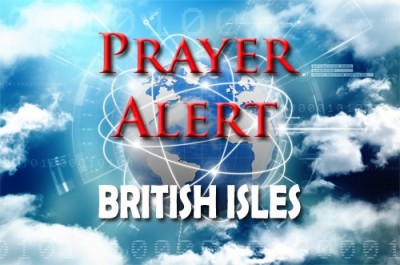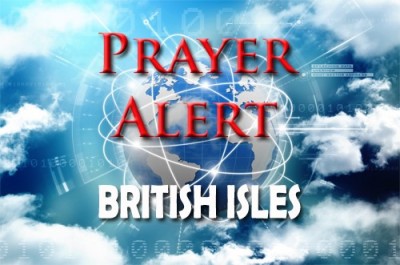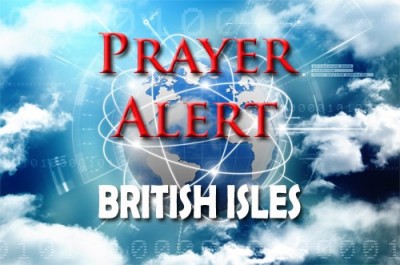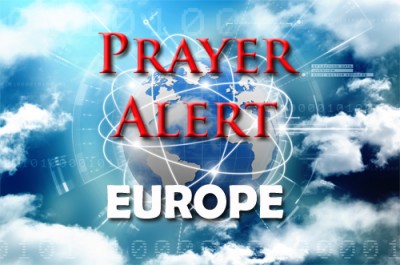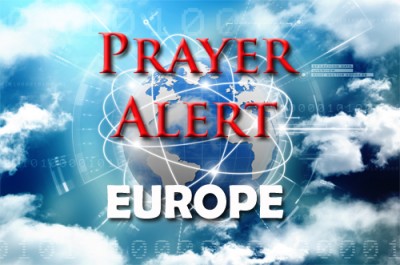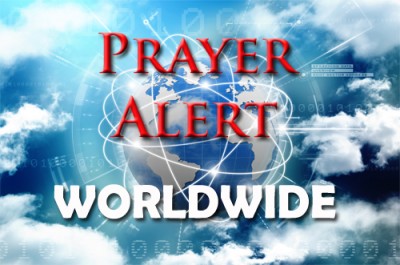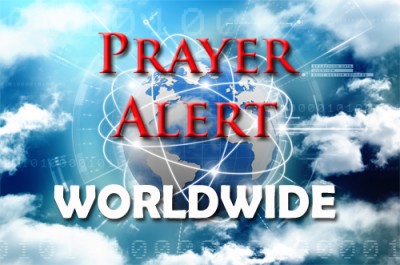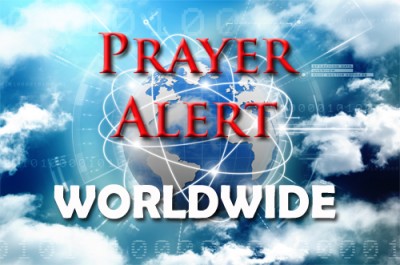The armed forces are protecting people in a broader range of areas than ever, including coronavirus testing. The UK military will receive £4bn a year over the next four years to fund space and cyber defence projects such as an artificial intelligence agency. This could create 40,000 new jobs. Defence secretary Ben Wallace said ‘The extra spending is on top of the government's manifesto to increase the budget. When I looked across at the armed forces today I saw them with equipment that was out-of-date, I saw our adversaries across the world having better equipment, the ability to attack us and harm us getting wider and wider from our capabilities. When that happens, you need to modernise your forces. Sometimes you must let go of some older capabilities and that takes money in order to create the headroom to invest.’
Christian sacked for defending marriage
19 Nov 2020West End star Seyi Omooba is appealing against key decisions in her court case at an employment tribunal in London. She was removed from a lead role in a musical production and dropped by her agents after another actor dug up an old Facebook post where Seyi quoted the Bible and said she believed in real marriage between a man and a woman. The judges decided not to hear expert evidence from a theatre critic and theologian, and then made decisions which that evidence directly contradicted. The appeal was to be heard during the first lockdown, but an online hearing was refused, delaying the case to 2021, even though many other cases have been conducted online. The delay makes it harder for her to be vindicated.
Properly resourced minister for families needed
19 Nov 2020In the House of Lords on 18 November, Lord Farmer called on the Government to prioritise the strengthening of families through policy. To do so, a properly resourced, cabinet-le0vel minister for families, supported by funding and civil servants, is needed to take the lead. This idea is supported by peers and MPs who are part of the 'Strengthening Families' coalition, which CARE supports.
Spain: strategy to combat online disinformation
19 Nov 2020Spain's government has a new strategy to tackle the spread of online disinformation. The procedure was approved last month and a special government commission should combat the issue. Madrid said the ongoing coronavirus pandemic is accompanied by an ‘unprecedented infodemic’. Spanish authorities will monitor the internet for disinformation campaigns, investigate their origin, and implement a ‘policy response’ if necessary. This response may take the form of a diplomatic warning if a foreign state is behind such a campaign. The Madrid press association has accepted the government's wish to combat disinformation, but have noted a ‘clear risk’ that the government will act ‘as a censor rather than a guarantor of the truth’.
EU faces challenge to Covid budget
19 Nov 2020In Brussels a high-stakes disagreement has emerged with a jackpot worth the total value of the EU budget until 2027 plus its €750bn Coronavirus Recovery fund. 24 member states and a majority in the EU Parliament are in opposition to Hungary, Poland, and Slovenia over the division of EU funds between member states being linked to the behaviour and the values of individual governments. The EU wants to pass a law that if a member state pursues policies that the EU feels are in conflict with its core values, it will lose access to the funds. Poland and Hungary emerged as democracies from communist dictatorship and both have gone on to elect right-wing nationalist governments, heavily dependent on EU funds. Political opposition and economic reliance has introduced a strain of toxicity into their Brussels relations.
Central America: ‘in the hands of God’
19 Nov 2020Category 4 Hurricane Iota began devastating Nicaragua on 16 November. It is the strongest storm on record to reach Nicaragua ‘We are in the hands of God. If I have to climb up trees, I’ll do it’, said a farmer in Guatemala. ‘We don’t have food, but we are going to wait here for the hurricane that we’re asking God to stop from coming.’ It came. Swollen rivers burst their banks, roofs flipped onto the streets and electricity poles have been downed. In Honduras the mayor of Wampusirpi said, ‘We are flooded everywhere, we need food and water. We lost crops when hurricane Eta struck two weeks ago.’ Pray for the residents of Central America which is still partly flooded, farms destroyed and debris from Eta everywhere. The wind tore the roof off a makeshift hospital. Patients were evacuated, including intensive care and two women giving birth during the first rainstorm.
A series of sackings and appointments - with rumours of more to come - has created a sense of deep uncertainty around the US intelligence and national security community. Some believe this is part of an attempt by Trump to hold on to power; many others see it driven by a desire for personal revenge. But there remain fears that the uncertainty of a divisive transition could hold real dangers. The sacking of a number of top civilian leaders at the Pentagon, including the secretary of defence, was, many believe, just the start. Trump wants to achieve specific policy goals during his final days, like removing troops from Afghanistan. America's national security is accused of being in a ‘deep state’ of conspiring against him. In recent months, he has declassified information which he wrongly thinks supports his case. The head of cybersecurity is in trouble because he proved vote rigging was false.
Ethiopia: conflict spreads to Eritrea
19 Nov 2020A rocket attack by Tigray forces on Eritrea marks a major escalation of violence as thousands of Ethiopian refugees continue to pour into Sudan. The UN refugee agency says that over 20,000 people have crossed into Sudan from Ethiopia’s northern region, where federal government troops are battling forces loyal to the Tigray People’s Liberation Front (TPLF), the party of the regional government. The conflict, which has spilled over Ethiopia’s borders, threatens to destabilise the wider Horn of Africa region. The latest two-week war has killed hundreds of people. Ethiopia and Eritrea agreed in 2018 to end decades of hostilities, resulting in Ethiopian prime minister Abiy Ahmed winning the 2019 Nobel Peace Prize. However, there is still a deep-seated animosity between Eritrea and the battle-hardened TPLF over the border conflict.
